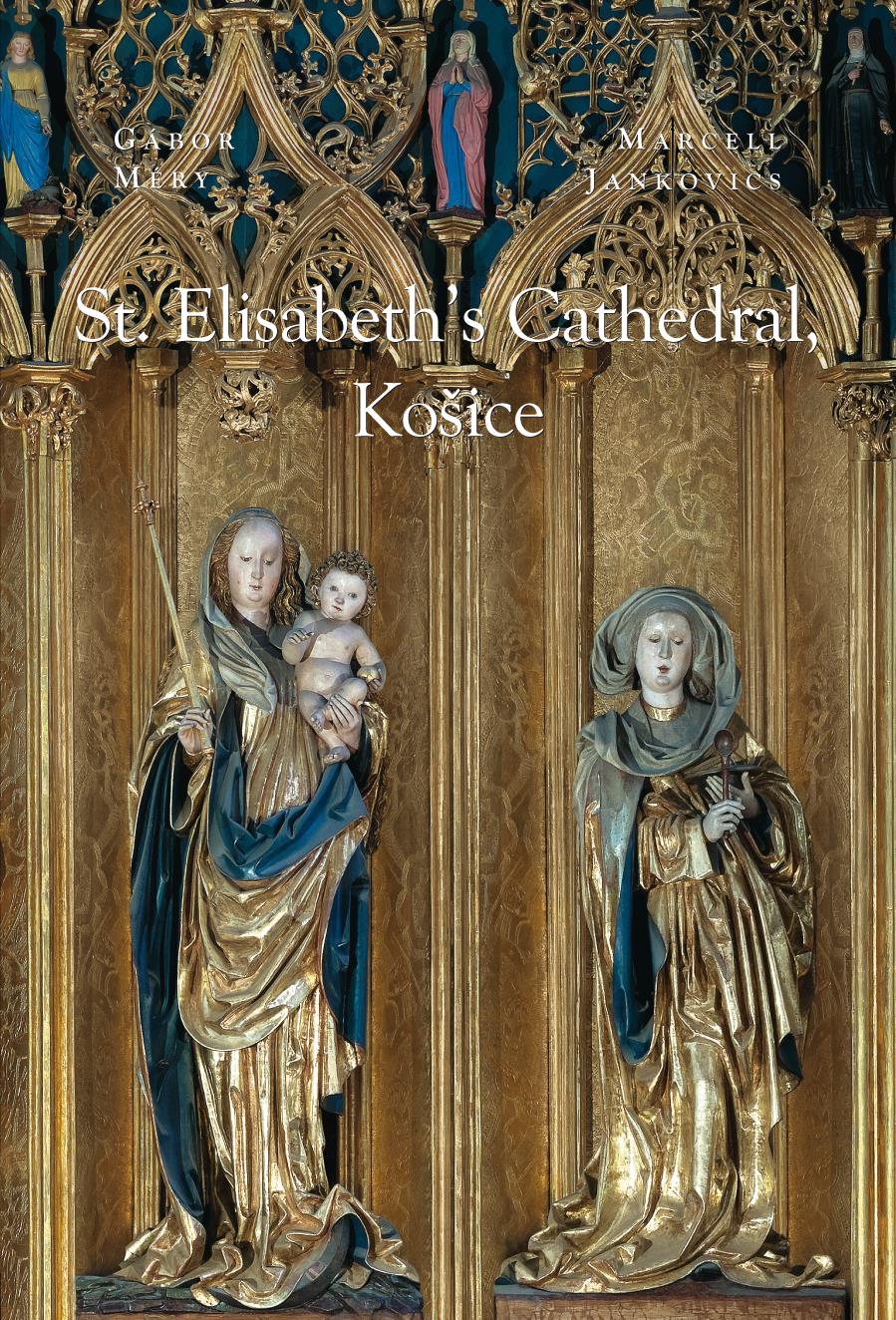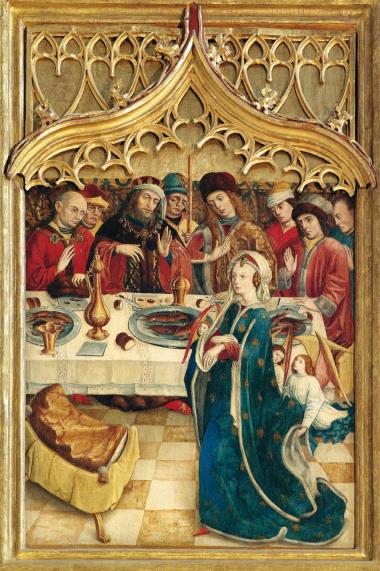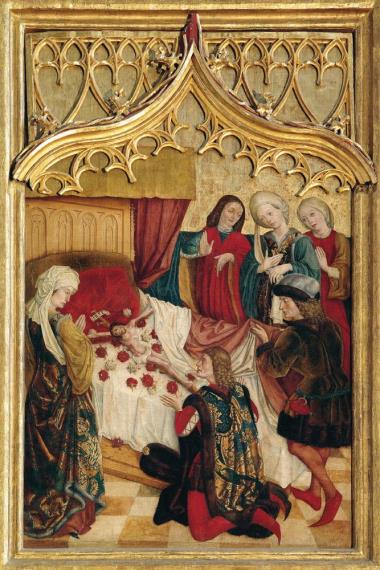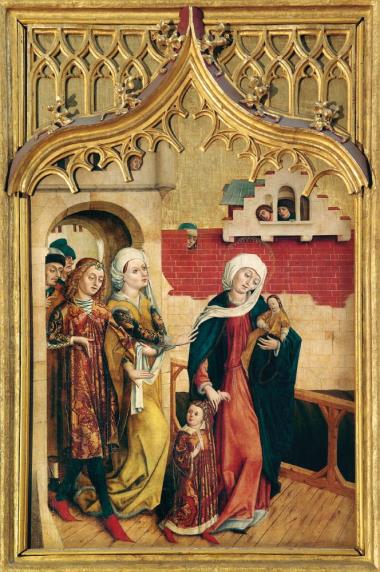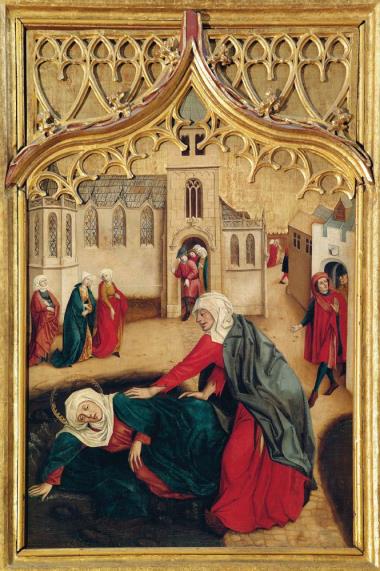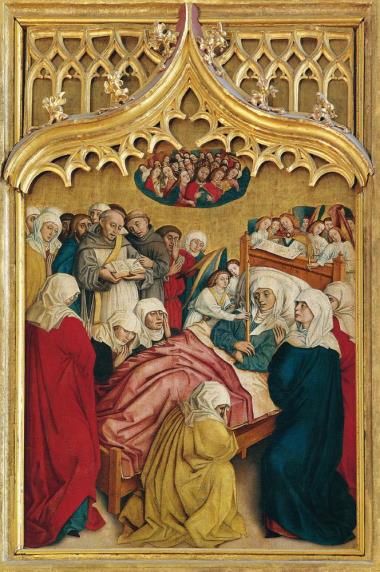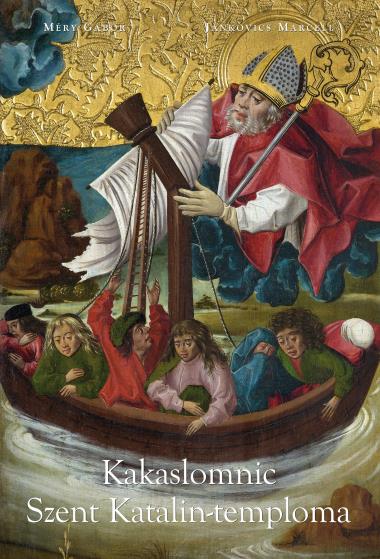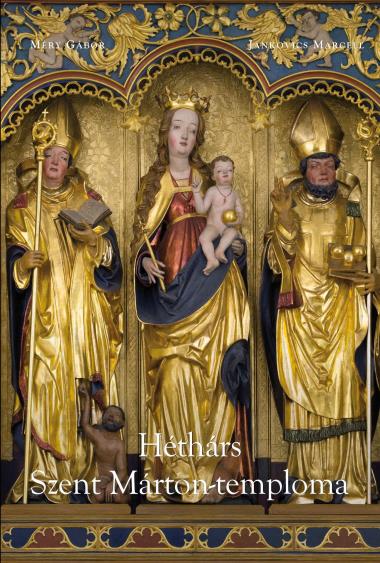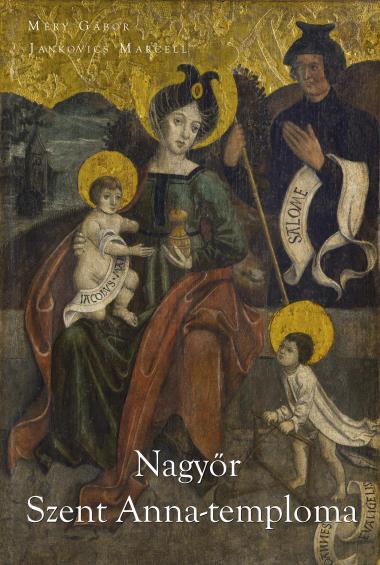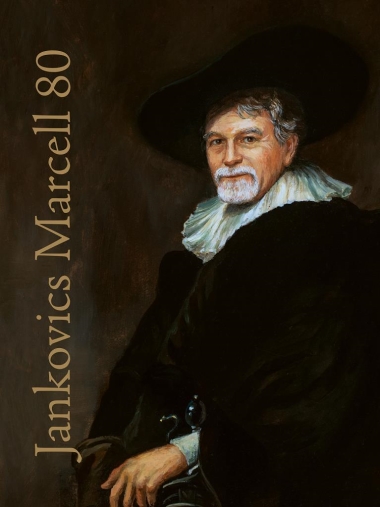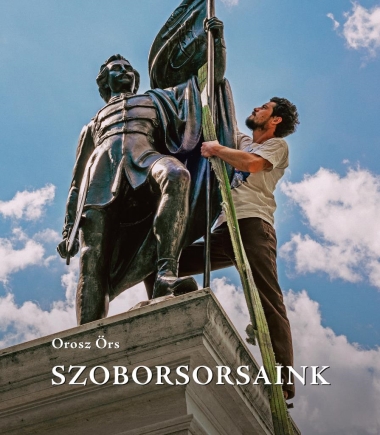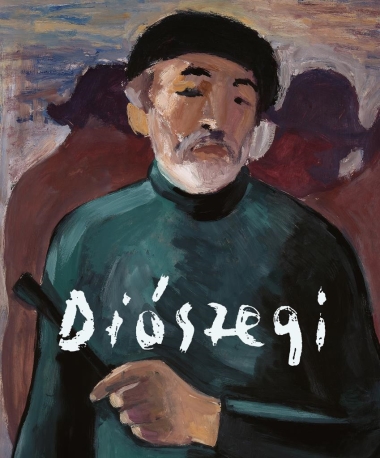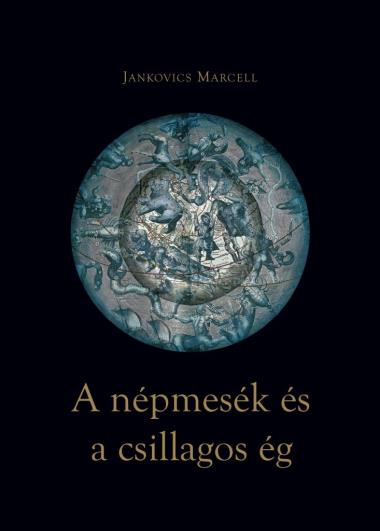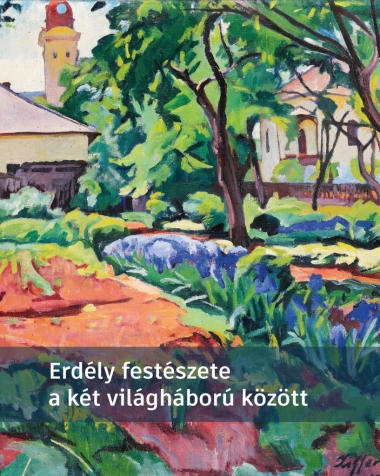In the event, Hermann died five years later and Elisabeth now became the fiancee of the second-born son, Ludwig, seven years her senior. She was 14 when she married Ludwig, 15 when she gave birth to her son, two years later she had her first daughter, a further year later her second and by the time the third daughter came she was a widow. The princess’s religious fervour alienated her from practically everybody around her, except her husband. She would take every chance to help the poor. During the famine of 1225 she had the large granaries opened up and was freely distributing bread to the starving. In Wartburg she had a hospital set up for plague sufferers and personally took part in looking after them. Never loath to do physical work, she was ever ready to fast and submit herself to bodily trials and self-imposed deprivation. A marriage of love, her alliance with Ludwig was tragically short-lived. In 1227 he set off for a crusade but fell ill and died on the way. Without Ludwig’s protection the despairing widow had no chance of staying in her former position. In 1228 she and her children left the castle of Wartburg and moved to Marburg. The person with the most definitive influence on her through the remaining years of her life was Franciscan monk Conrad of Marburg, the first German inquisitor, who acted, on proposal by the pope himself, as Elisabeth’s confessor and to whom she had made a wow of obedience while her husband was still alive. She used her widow’s fortune to have a hospital established in Marburg and served there as a nurse herself, wearing the grey uniform of the Franciscan Third Order. She relinquished the upbringing of her children to the relatives who thought her mad. She kept her fortune but only in order to distribute it among the poor – even though she might as well have chosen power, plenty and the luxurious life of the court. Emperor Friedrich II proposed to her but she declined. In 1231 she, too, became ill and died on November 17th. She was buried in Marburg and canonised a mere four years after her death, in 1235. Her feastday is on November 19th in Hungary and November 17th in the universal church.
